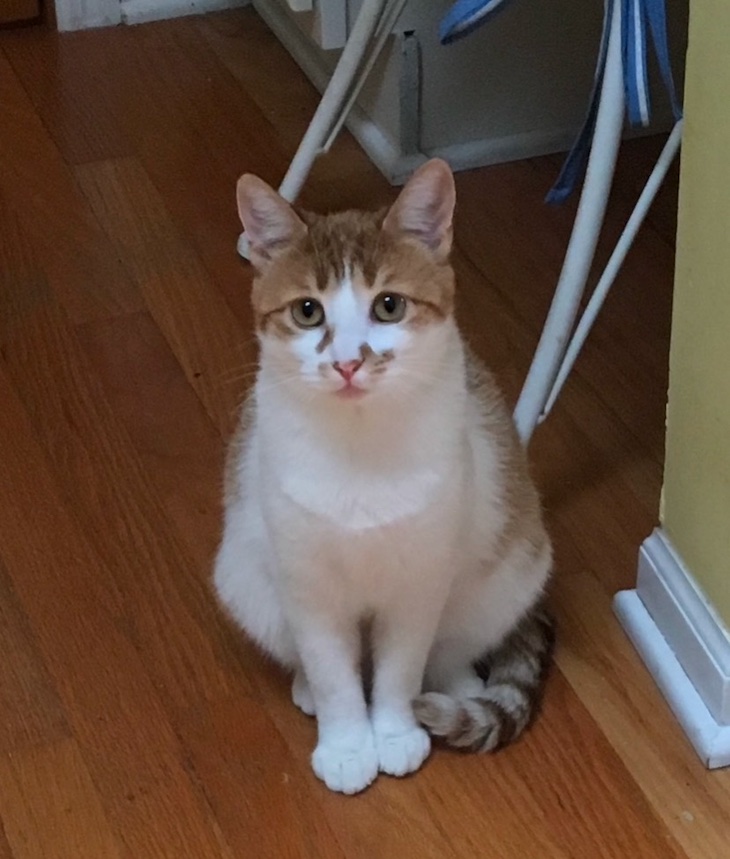A study by Cornell researchers, published in the journal Nature, finds that there is deadly bacteria in raw cat food brands. The brands were not named. The researchers say that this is an issue because, “American consumers lack adequate education on the proper handling of foods, especially those intended to be served raw.”

The BARF diet (bone and raw food diet) is an attempt to return animal diets to ancestral roots. But these foods are contaminated with bacteria, viruses, and parasites, especially when compared to conventionally processed foods. While online groups say that this diet has benefits for pets, there is increased risk of illness for the animals and their owners.
The study found Salmonella, Cronobacter, Clostridium perfringens, and E. coli bacteria in raw or partially cooked meat sold frozen, refrigerated, and freeze-dried in stores and online.
Laura Goodman, Ph.D. ’07, assistant professor in the Department of Public and Ecosystem Health and in the Baker Institute for Animal Health in the College of Veterinary Medicine, said in a statement, “Most of these products have no warning labels on them showing that the meat ingredients are not fully cooked, indicating that they could harbor live bacteria and potentially viruses and parasites that would make a family very sick. Particularly for the freeze-dried products sold on shelves, consumers likely have no idea they are taking on that risk.”
Another concern about raw diets for pets is the spreading of antimicrobial resistance genes. Raw foods can harbor these genes in microbes that are usually not spread through food, such as Kiebsiella pneumoniae. Through horizontal gene transfer, the genes could be transferred and incorporated into the gut microbiome of humans.
The study also points out that the bird flu outbreak could be a concern, since cats are susceptible to the virus. And the H5N1 virus has been found in raw cat food. There has not yet been transmission of bird flu to humans from cats.
Further, the researchers conducted mitochondrial DNA fingerprinting of ingredients found in the raw cat food and discovered that some labels did not match the meats used in the products. Goodman added, “We did find some discrepancies in the labeling across all formulations, not just raw food.” Some products contained chicken used as a filler even though chicken was not listed on the label. Some owners avoid feeding their cats chicken since it can carry the bird flu virus.
A study conducted in the UK among pet owners who feed their animals raw pets found that 89% were not aware that raw pet food is a risk of foodborne illness to their families. And improper raw pet food handling, including rinsing raw meat and having no separation between utensils and preparation areas, was reported in 27% and 52% of participants.
One of the findings that researchers did not expect was that not one freeze-dried product they bought was fully cooked before freeze-drying. But only a few products said that the product was raw on the packaging. Freeze-drying slows the growth of bacteria and preserves its ability to infect mammals. These products are considered shelf-stable, which means that consumers most likely think of them as safe.
The researchers recommend that any household with members who are at risk for serious complications from foodborne illness infections, such as young children, pregnant women, the elderly, and people with chronic health conditions and compromised immunity, should take care in selecting pet foods. If you do choose to buy raw cat food and raw dog food, handle them very carefully, keep them separate from food preparation areas of your kitchen, and monitor your pet for symptoms of foodborne illness.
Reboul, G., Malkowski, A.C., Yu, Y.T. et al. Analysis of the microbiota of raw commercial feline diets to prioritize food safety investigations. Commun Biol 8, 1349 (2025). https://doi.org/10.1038/s42003-025-08756-8




